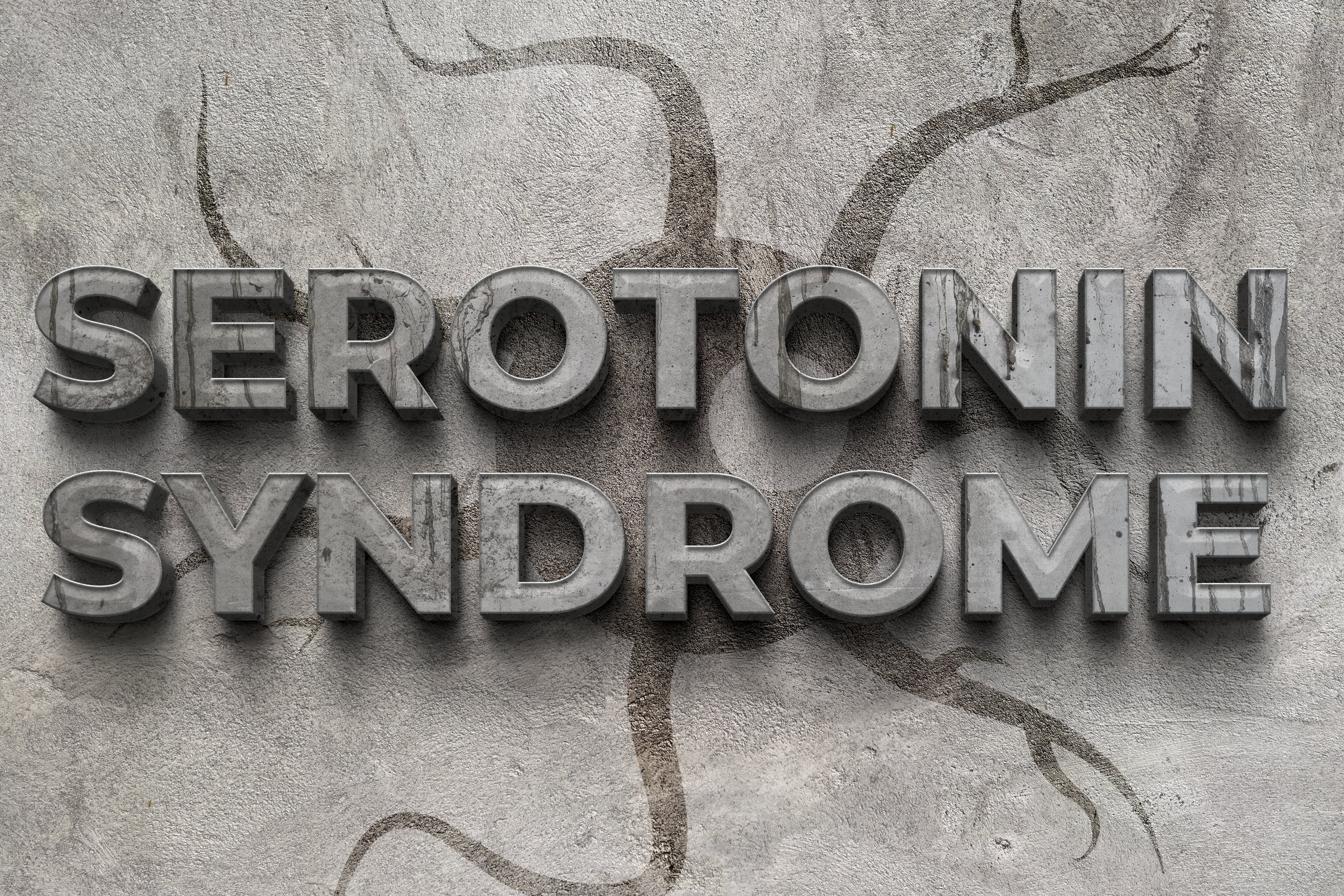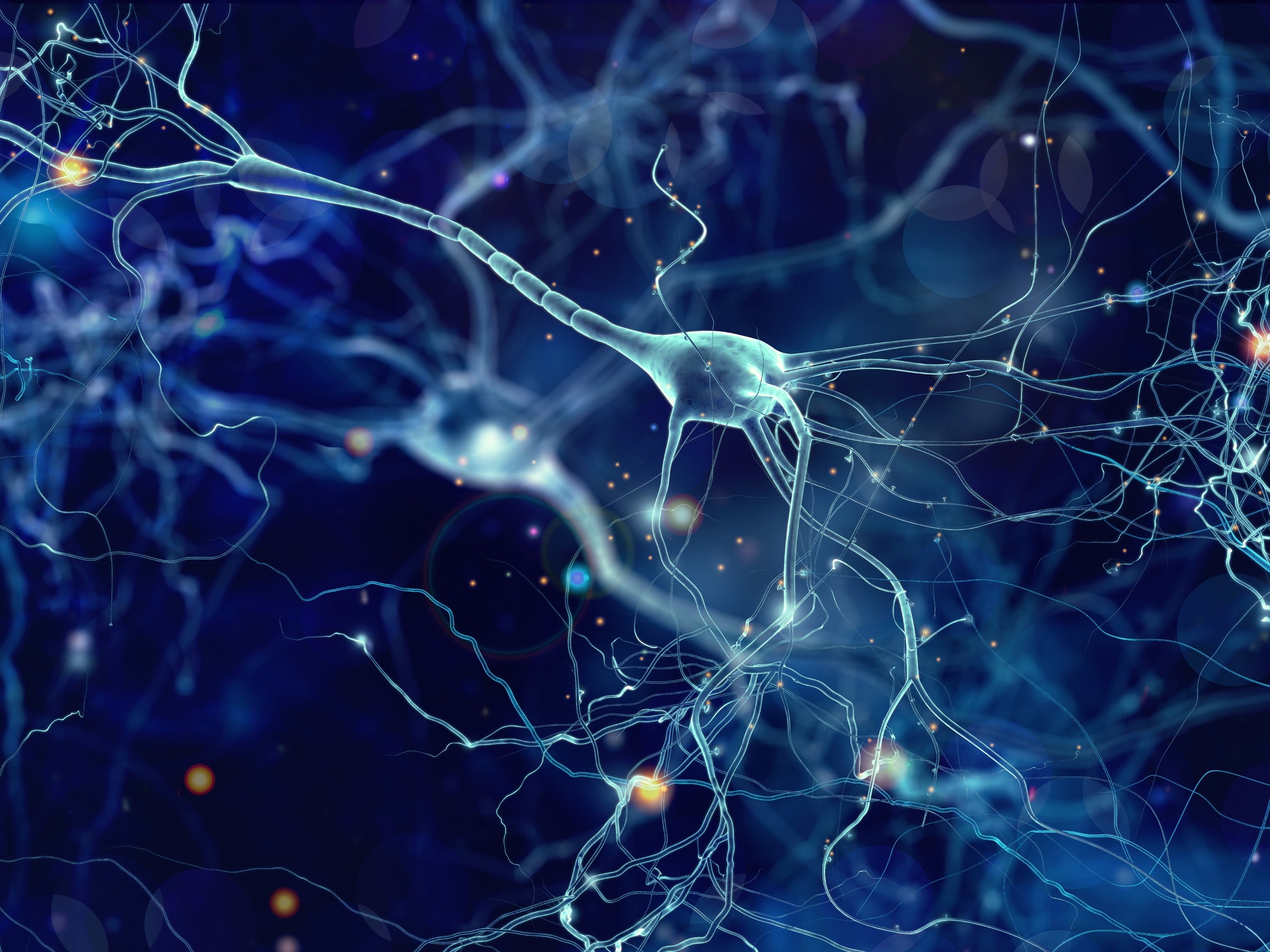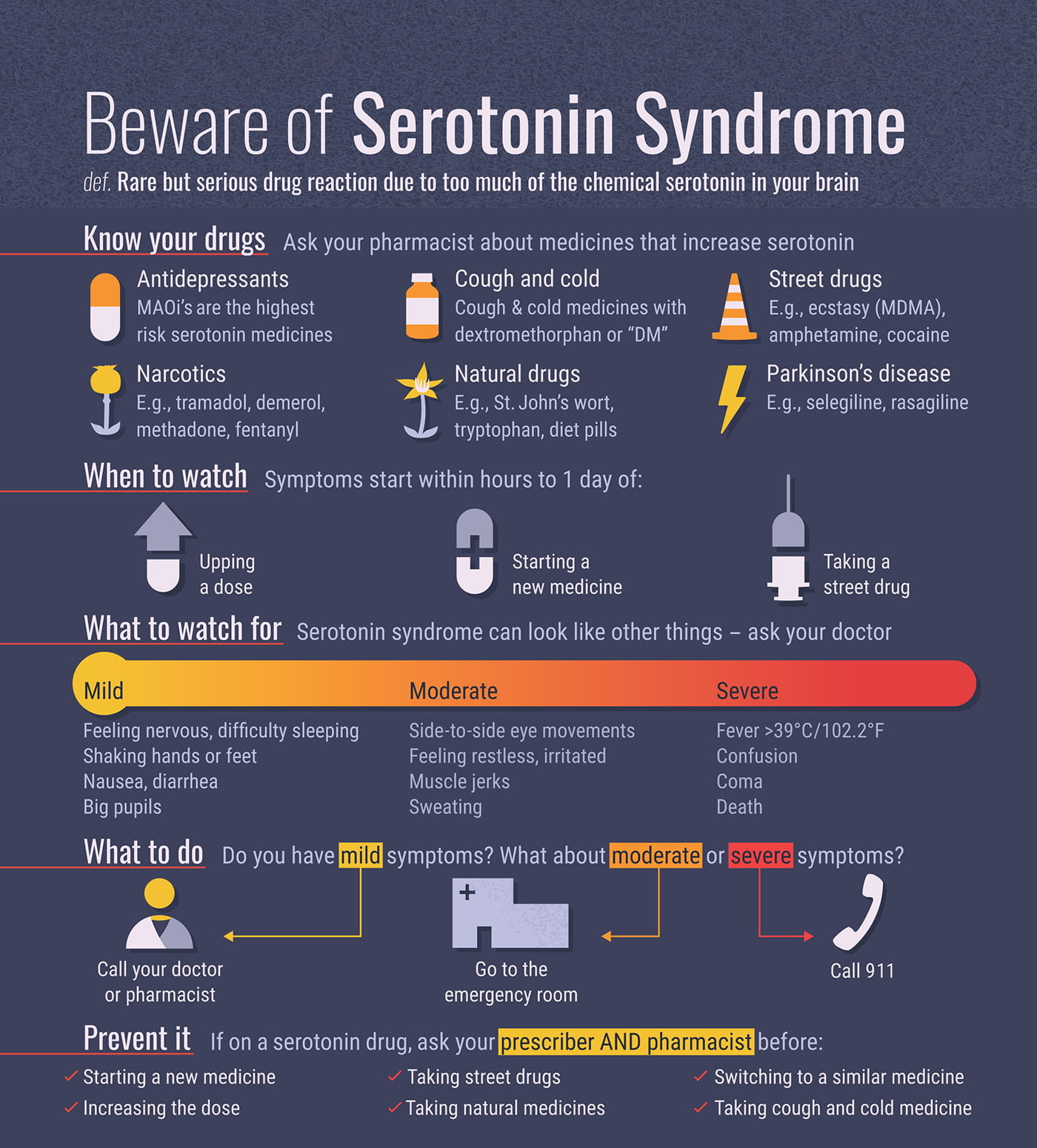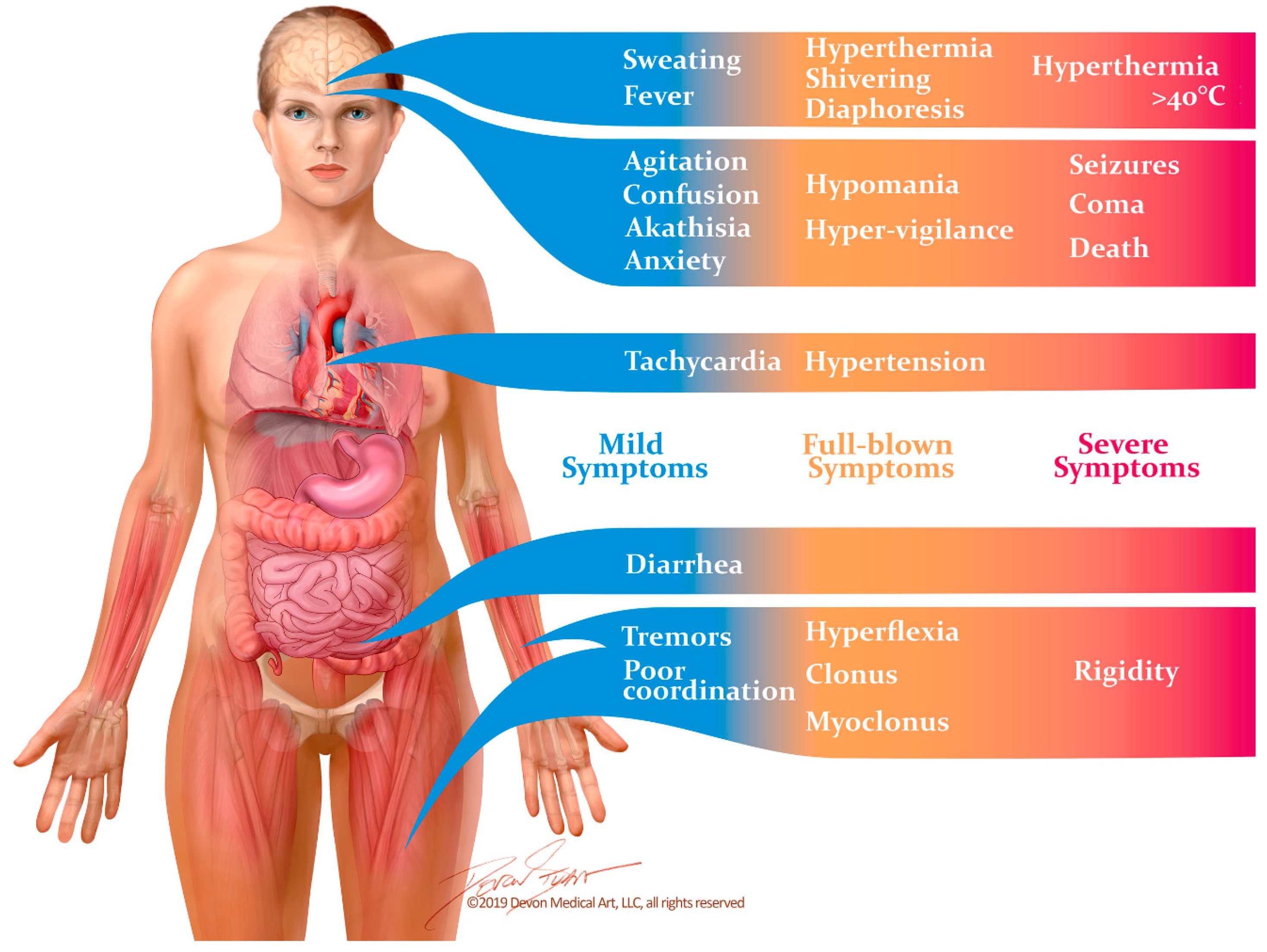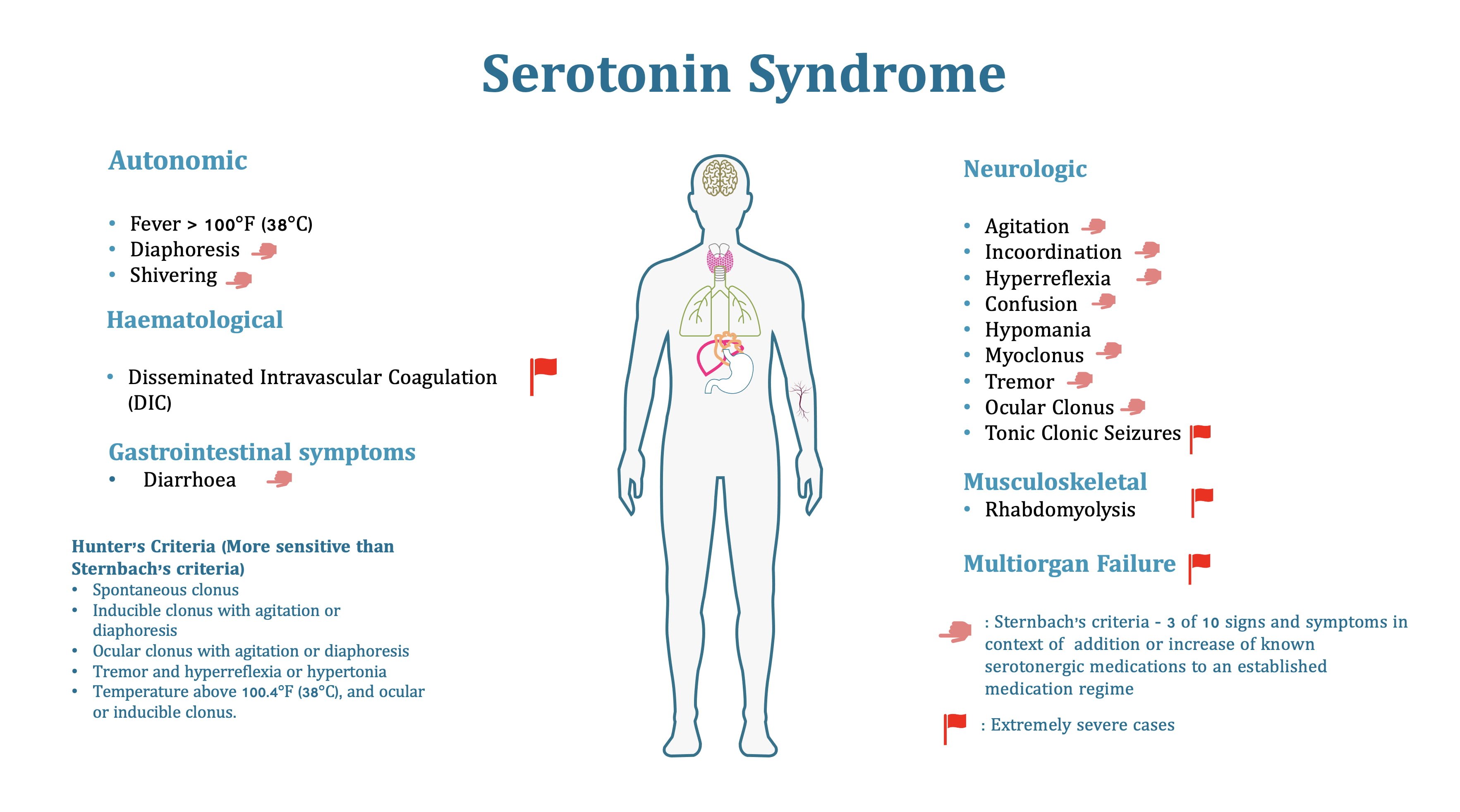Mephedrone (4-methylmethcathinone) is a synthetic cathinone, a class of psychoactive substances derived from the naturally occurring stimulant cathinone found in the khat plant (Catha edulis). Since its emergence in the early 2000s, mephedrone has gained popularity as a recreational drug due to its stimulant and empathogenic effects, which are often compared to those of amphetamines and MDMA (3,4-methylenedioxymethamphetamine). However, the use of mephedrone has been associated with various adverse effects, including serotonin syndrome, a potentially life-threatening condition resulting from increased serotonergic activity in the central nervous system (CNS).
Pharmacology of Mephedrone
Mephedrone primarily acts as a monoamine releasing agent, increasing the levels of dopamine, norepinephrine, and serotonin in the synaptic cleft. It achieves this by binding to and inhibiting the function of monoamine transporters, thereby preventing the reuptake of these neurotransmitters. The increased synaptic concentrations of serotonin are thought to be responsible for the development of serotonin syndrome in susceptible individuals. Read more about the pharmacodynamics of mephedrone here
History
The name «serotonin syndrome» gained a foothold in the literature only since 1980, when S. Gerson and R. Baldessarini described characteristic signs of this syndrome in mice (tremor, rigidity, hypertonicity, hypersensitivity to sound stimuli, myoclonus, hind limb abduction, Straube tail, generalized convulsions, and so on). Two years later, T. Insel (1982) reported the first case of serotonin syndrome in humans.
Subsequently, numerous clinical case reports and reviews began to appear, which raised the awareness of physicians about this pathology. Despite the increasing number of reports in the literature, serotonin syndrome remains an under-diagnosed condition. Although the mortality rate for this complication is quite low, the ever-increasing use of antidepressants and the uncontrolled use of mephedrone and other similar psychoactive substances greatly increase the risk of developing this dangerous and life-threatening complication.
Causes of serotonin syndrome
There are three main causes of serotonin syndrome:
-
Use of two or more serotonergic drugs (meaning drugs that increase serotonin levels)
-
Overdose of one serotoninergic drug
-
Increasing the dose of one serotonergic drug
Medications usually cause serotonin syndrome, especially some antidepressants. You may be at higher risk if you take two or more drugs and/or supplements that affect serotonin levels.
Co-morbidities – certain conditions, such as Parkinson’s disease, can affect the body’s ability to regulate serotonin levels and increase the risk of serotonin syndrome.
Genetics – some people may have a genetic predisposition to develop serotonin syndrome.
Selective serotonin reuptake inhibitors (SSRIs) are the most commonly prescribed class of antidepressants. They work by increasing serotonin levels.
These medications include:
-
Citalopram (Celexa)
-
Excitalopram (Lexapro)
-
Fluoxetine (Prozac)
-
Fluvoxamine (Luvox)
-
Paroxetine (Paxil)
-
Sertraline (Zoloft)
Other prescription and over-the-counter medications that can increase serotonin levels, either alone or when taken together, include:
-
Serotonin and norepinephrine reuptake inhibitors (SSRIs) – desvenlafaxine, desvenlafaxine succinate, duloxetine, levomylnacipran, and venlafaxine
-
Monoamine oxidase inhibitors (MAOIs) – isocarboxazide, phenelzine, tranylcypromine, and transdermal selegiline
-
The anti-anxiety drug buspirone
-
Antimigraine medications are almotriptan, naratriptan, rizatriptan, sumatriptan, and zolmitriptan
-
Certain pain relievers, especially opioids and their relatives – fentanyl (Sublimaze, Fentora), fentanyl citrate (Actiq), meperidine, pentazocine, and tramadol, levomethorphan, levorphanol, meperidine, methadone, pethidine, tapentadol
-
Dextromethorphan – is a cough medicine
-
Some medications for nausea are granisetron, metoclopramide, and ondansetron
-
Antidepressants that act on more than one serotonin receptor – vilazodone and vortioxetine
-
Psychoactive substances – LSD, mephedrone, amphetamines, phentermine, MDMA, cocaine, fenfluramine, dexfenfluramine
-
Medicinal herbs – St. John’s wort, ginseng
-
Antibiotics / antifungals – linezolid + SSRIs or tapentadol; flucanazole + citalopram; ciprofloxacin + methadone + venlafaxine
The Food and Drug Administration (FDA) has asked drug manufacturers to add warning labels about the risk of serotonin syndrome.
Serotonin syndrome usually occurs within one day of increasing a drug dose or adding a serotonin-enhancing drug.
Symptoms of serotonin syndrome
The first symptoms usually appear between 1 and 6 hours after the activation of the trigger in the body. Symptoms are quite varied:
-
Altered consciousness: delirium, hallucinations, confusion, paranoia;
-
Agitation – overstimulation; depression of speech;
-
Midriasis – dilation of the pupil;
-
Increased muscle tone (rigidity);
-
Hyperreflexia – excessive reaction to influences, e.g., violent bouncing of the leg in response to a blow to the knee with a doctor’s hammer.
-
Headache;
-
Tremors;
-
Ataxia – incoordination of muscle movements;
-
Clonus – rapid convulsive movements of limbs, eyes, Jaws;
-
Elevated blood pressure;
-
Heart palpitations;
-
High fever;
-
Vomiting; Diarrhea;
-
Heavy perspiration;
-
Irregular pulse;
-
Dry mouth;
-
Coma.
The most advanced way to diagnose serotonin syndrome has been developed by toxicologists at Hunter Valley Hospital in Australia. According to this method, serotonin syndrome is when a patient has recently taken a serotonin-enhancing substance and is experiencing one of these groups of symptoms
-
Spontaneous clonus;
-
Agitation + induced clonus (which can be induced by the physician, for example, by lifting the patient’s leg) + profuse sweating;
-
Eye clonus + agitation + profuse sweating;
-
Tremor + hyperreflexia;
-
Temperature above 38 °C + ocular/induced clonus + high blood pressure.
How quickly do the symptoms of serotonin syndrome develop?
The onset of symptoms of serotonin syndrome can vary depending on the individual and the underlying cause. In some cases, symptoms may develop rapidly within a few hours of taking a medication or supplement that increases serotonin levels or inhibits its breakdown, while in other cases, symptoms may take several days to appear.
The severity of symptoms can also vary widely, ranging from mild to life-threatening. Mild symptoms may include shivering, sweating, diarrhea, and agitation, while more severe symptoms can include high fever, muscle rigidity, seizures, and coma.
If you are taking medications or supplements that can increase serotonin levels or inhibit its breakdown, it is important to be aware of the signs and symptoms of serotonin syndrome and to seek medical attention immediately if you experience any symptoms that may indicate the condition. Early recognition and treatment of serotonin syndrome can help prevent serious complications and improve outcomes.
Diagnosis
Hunter’s criteria are the most commonly used for diagnosis and are considered to be the simplest and most accurate. Sternbach criteria are less common. An important condition for their application is the established use of a serotonergic drug or psychoactive substance.
According to Hunter’s criteria, at least one symptom of the following must be present to confirm the diagnosis:
-
Clonus;
-
Agitation;
-
Hyperthermia;
-
Hyperreflexia;
-
Tremor.
According to Sternbach’s methodology, a recent prescription or increase in serotonergic medication (in our case, the use of mephedrone or another serotonergic psychoactive substance) must be present anamnesthetically. The symptoms are then compared with clinical criteria.
Sternbach’s method requires a minimum of three signs from the list:
-
Confusion of consciousness/hypomania;
-
Agitation;
-
Myoclonus;
-
Hyperreflexia;
-
Chills;
-
Hyperhidrosis;
-
Tremors;
-
Diarrhea;
-
Impaired coordination.
Treatment of serotonin syndrome
There is no specific drug to quickly stop serotonin syndrome.
-
If the syndrome is mild – without fever and depression of speech and eye clonus, it is enough to stop taking drugs that increase serotonin levels (if the person has used mephedrone, stop using this drug. If you are an observer – stay with the person for 6 hours.
-
Take nondiazepines – 0.5 to 1 mg alprazolam.
-
Keep cool – you can take a cold shower, put a towel dipped in cold water over your head. Drink cold water.
Serotonin syndrome with a moderate course or severe – with high fever, impaired consciousness and so on:
-
Call emergency medical services and stay with the person until paramedics arrive
-
Provide supportive care – help the person get into a comfortable position and monitor their vital signs, including heart rate, breathing rate, blood pressure, and temperature
-
Watch the body – if the person has muscle stiffness or cramping, try to prevent the person from hurting himself by carefully holding him.
-
Keep the person calm – while waiting for help to arrive, try to keep the person experiencing serotonin syndrome as calm and comfortable as possible. Encourage them to sit or lie down in a quiet, cool area.
-
Loosen tight clothing – if the person is wearing tight clothing, help them loosen it to make them more comfortable and to help regulate their body temperature.
Remember, these are general first aid steps and should not replace professional medical advice. Always call emergency services and seek immediate medical attention if you suspect serotonin syndrome.
Complications
The complications of serotonin syndrome can be diverse and severe, affecting multiple organ systems. These complications may include hyperthermia, which can lead to multi-organ failure, rhabdomyolysis, which can cause kidney damage, and seizures, which can result in brain injury. Additionally, serotonin syndrome can cause cardiovascular complications, such as tachycardia, hypertension, and even myocardial infarction. In severe cases, serotonin syndrome can lead to coma and death.
Conclusion
In conclusion, serotonin syndrome is a potentially life-threatening condition that can occur as a result of mephedrone use. Mephedrone, a synthetic stimulant drug, has gained popularity in recent years due to its euphoric and stimulating effects. However, its use can lead to an excessive accumulation of serotonin in the body, resulting in a range of symptoms that can vary from mild to severe. The severity of serotonin syndrome depends on various factors, including the dose of mephedrone, the presence of other serotonergic substances, and individual susceptibility.

